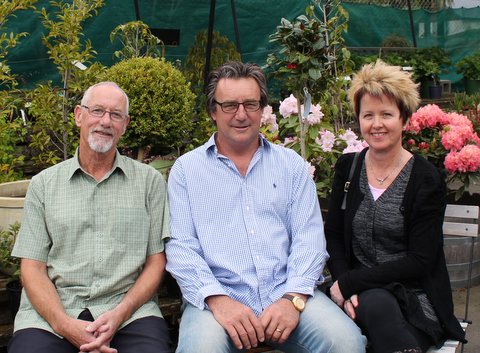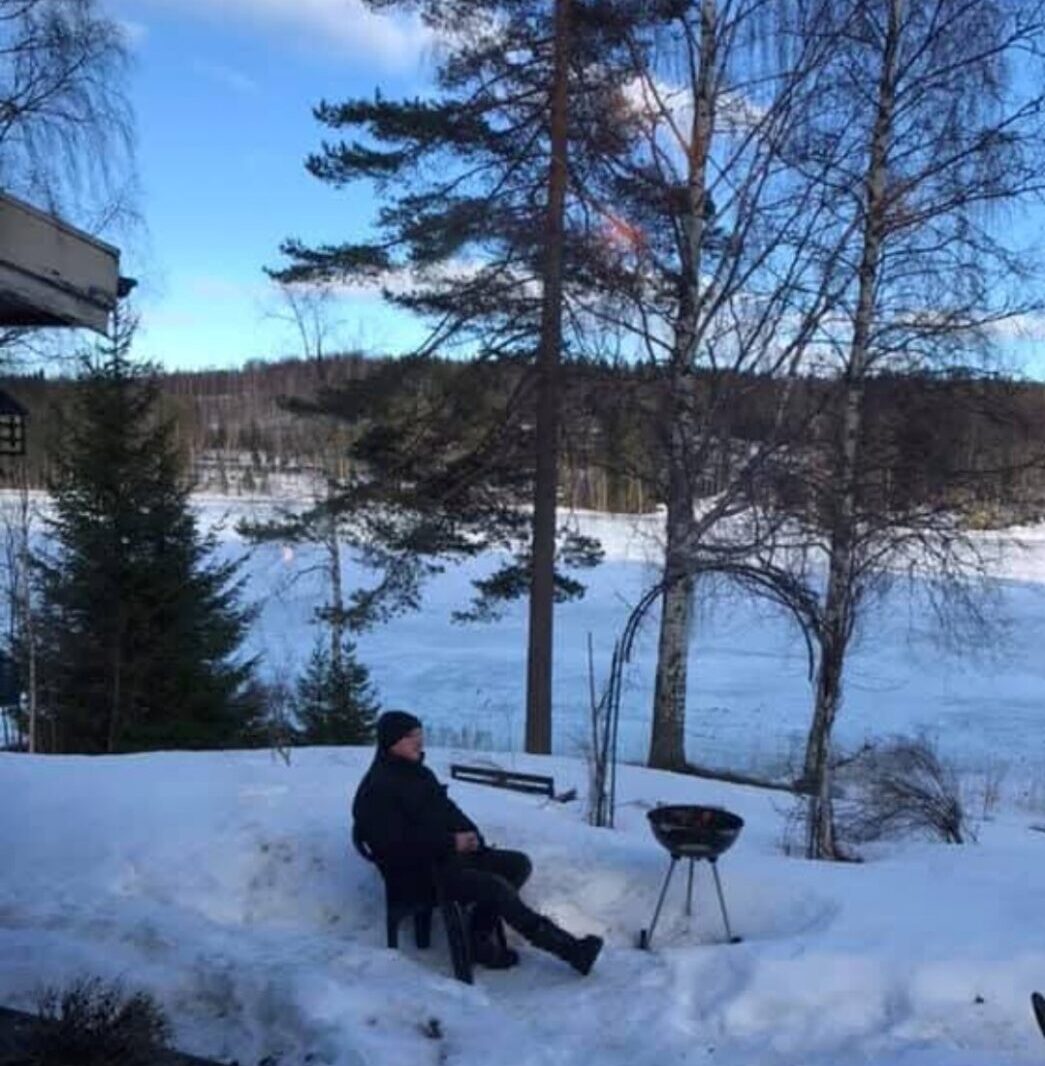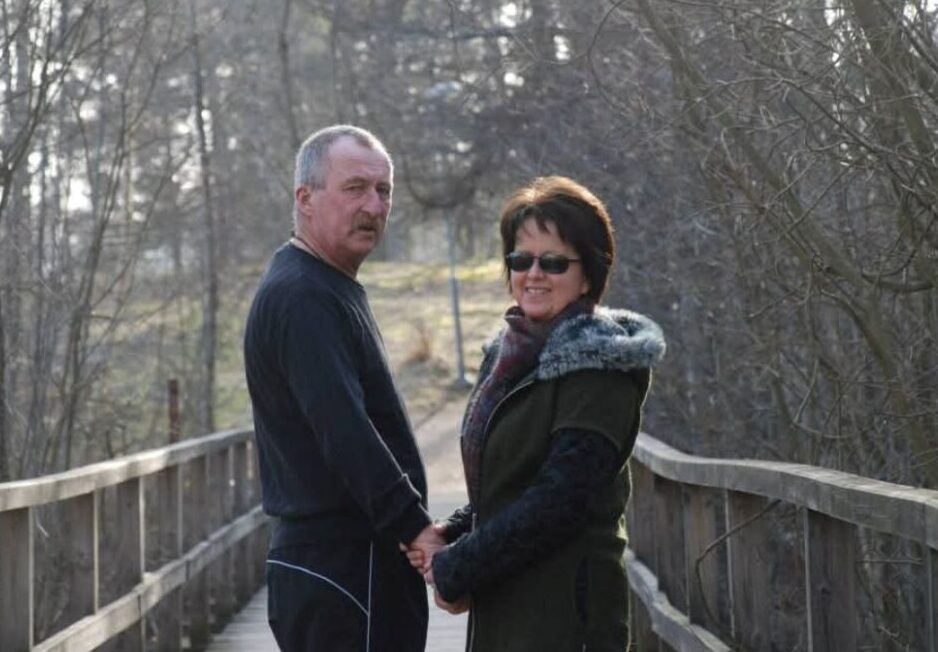Kaitiaki had published an article about growing violence towards staff in mental health settings and I was one of the nurses interviewed for it after an assault in an acute unit in Auckland. I still have the article and laugh when I read that I was hoping to move to Sweden and work in a chocolate factory!
Both my husband and I used to work as registered nurses in mental health.
Coming back to Sweden (where I was born), we were still thinking this it would be just a one year break. We started off working in a pharmaceutical company packing medication. Almost like packing chocolate!
My husband is a true Kiwi and I never imagined him loving the Swedish winters – but we have been here 12 years now. But we are not working in mental health.
It took us a long time to even mention the sentence “working in mental health again” — and it took us quite a long time to realise how burnt out we were.
Here in Sweden it’s called “hitting the wall”. But we hit the wall without actually knowing what was happening. We have both now analysed our experiences in mental health and today it absolutely astounds me that we accepted the working conditions — which don’t seem to have changed much since we left, according to my former colleagues and friends still working in mental health in New Zealand.
Training to be a nurse is about working with people and helping them heal. I was passionate about mental health (and still am), but was met by a politically-correct management that valued patients’ rights before the safety of staff, in every way.

Psychotic patients always have the potential to act out — but how do we protect staff? There are rarely enough staff in a unit – so bring in security guards. We are not allowed seclusion rooms due to regulations — then we have to use more medication. Patients on illegal drugs always have the potential for violence – but if you choose to use illegal drugs then we can isolate you until the drugs are out of your system! Hard words?
We have both been involved in violent situations, many times — my husband more than I since “males are always required in restraints” etc. The day I had had enough was when I got attacked by a woman out of the blue. I was on my own. I was in a new part of the unit and my alarm did not work. I was found by colleagues and was lucky to get away with “just” bruises and a damaged neck.
But when I came back to work after two weeks, nothing had changed. That’s what hit me. I left the unit in tears. No internal health and safety check, the alarm system in that part of the unit had not been fixed (that’s the first thing I checked coming back). I got a nice talk with the manager, but no changes.
My husband knew I had “hit the wall”, but did not realise at the time that he was burnt out too. His favourite saying coming home from work was: “I f@#king did not train to be a nurse to fight young kids on drugs all day”.
I believe we need to look at mental health care differently. It’s not just a patient rights issue or a nursing practice issue — it’s about health and safety for everyone, staff and all the patients. Look at the environment — how do we make it safe? There needs to be enough staff — and I believe seclusion has to be an option.

Today, I work in a magic place, Mellannorrlands Hospice, in Sundsvall as a specialised enrolled nurse (my New Zealand nursing qualifications were not enough to practise as a registered nurse in Sweden). My husband, who has 35-plus years’ experience as a nurse, works at a company producing dog food — mincing, packing and selling.
Would we move back to New Zealand? Absolutely, under other family circumstances — we both love New Zealand
Would we go back to nursing in mental health? Never!
Working in hospice, I use my communication skills to talk to grieving relatives and my “calming” skills to sooth dying patients. Staff are well supported and it’s recognised that working with death is a challenge. Managers are there to support staff.
I often think my job is so easy in comparison to mental health, and of the suicides, the overdoses and all the trauma you share with patients in mental health, so often without support or understanding from management or the Government.
Annalie Gannaway
Sundsvall, Sweden



